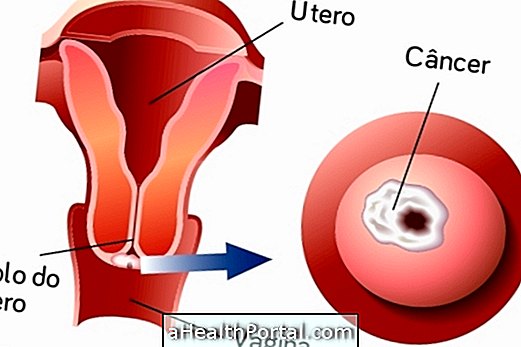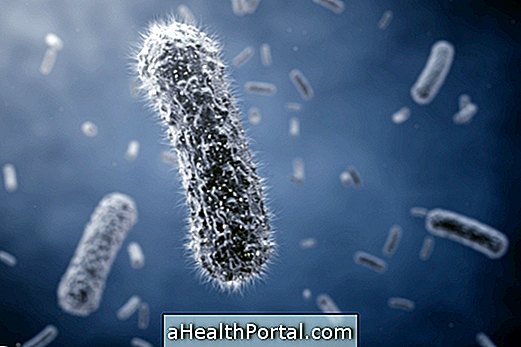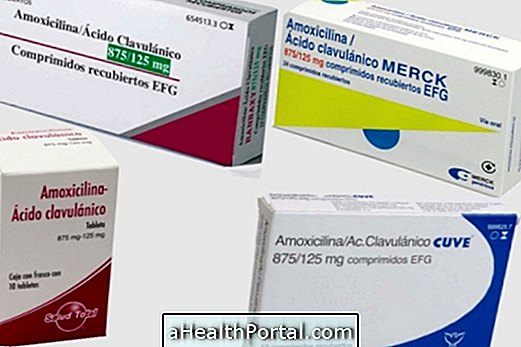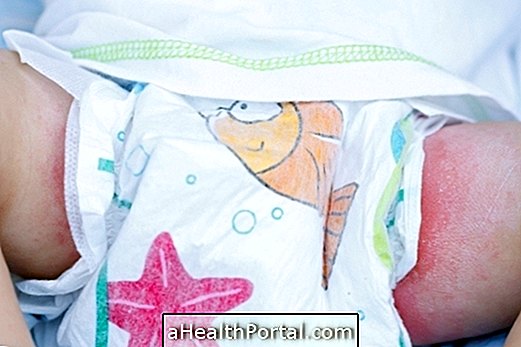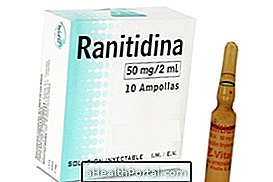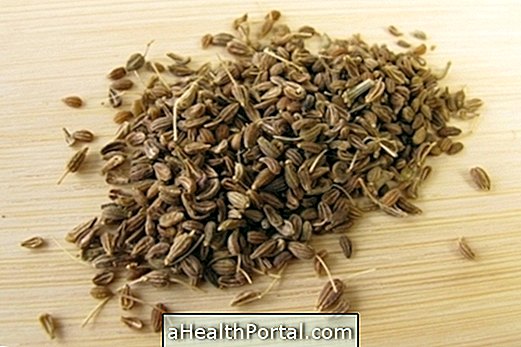Some intestinal infections can happen due to transmission of viruses and bacteria transmitted during intimate contact, especially during anal or oral sex.
Although there are several microorganisms that can provoke infections, they are divided into three main groups, proctitis, proctocolitis and enteritis.
1. Proctite
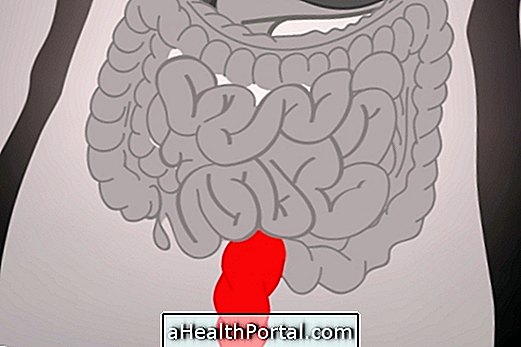
The proctitis arises when the infection happens in the last part of the large intestine, the rectum. Generally this type of infection is more common after the anal sex, being caused by microorganisms of the type N. gonorrhoeae, C. trachomatis or T. pallidum .
What it feels: The most common symptoms include pain in the anus, constant sensation to evacuate and fluid out.
How to treat: The treatment should be indicated by a proctologist, however, in most cases it is done with an injection of Ceftriaxone and Doxycycline tablets, 2 times a day for 7 days.
2. Proctocolite

This type of infection affects the rectum region and other sites of the intestine, causing a more intense intestinal inflammation than the proctitis. Proctocolitis is most common after intimate contact of the mouth with the genitals, especially the anus, being caused by microorganisms such as Campylobacter sp., Shigella sp., Entamoeba histolytica or C. trachomatis .
What it feels: Because it is a more intense inflammation, proctocolitis presents the same symptoms as proctitis, but associated with other signs such as severe abdominal cramps and diarrhea, for example.
How to treat: Although the symptoms are more intense, treatment is also done with an injection of Ceftriaxone and Doxycycline tabletted twice daily for 7 days. However, your doctor may prescribe other medicines to relieve the symptoms.
3. Enterite

Enteritis consists of inflammation of the small intestine, being caused by the transmission of parasites through the mouth, especially Giardia lamblia . Thus, this type of intestinal infection is very common when there is direct contact of the mouth with the anus, for example.
What it feels like: The most common symptoms include diarrhea, belly pain, nausea and vomiting.
How to treat: Most cases disappear without needing treatment after about 3 days. However, it is recommended to maintain good hydration especially due to fluid loss from vomiting and diarrhea.
Learn more about how this type of infection is treated.
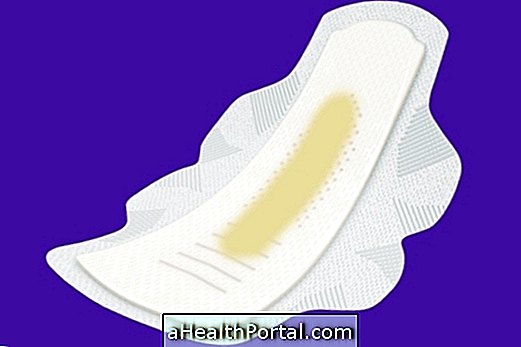
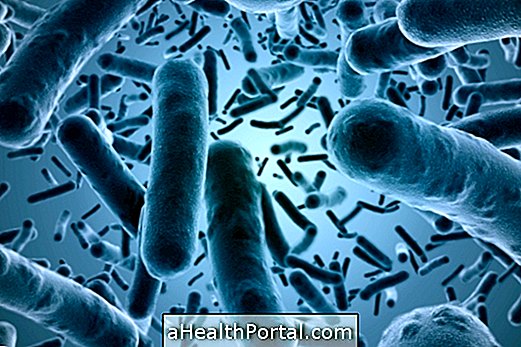
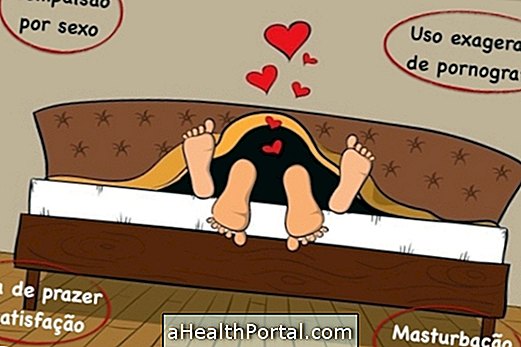
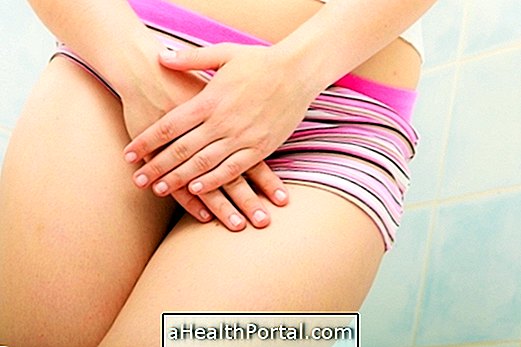
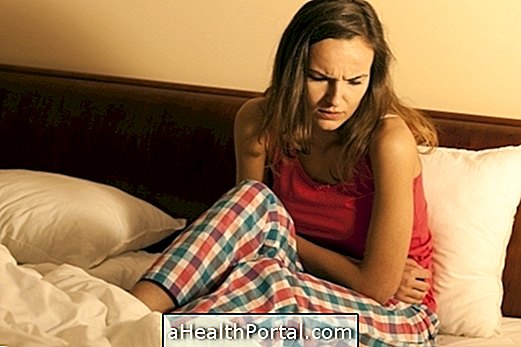
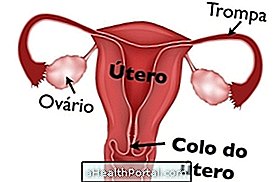

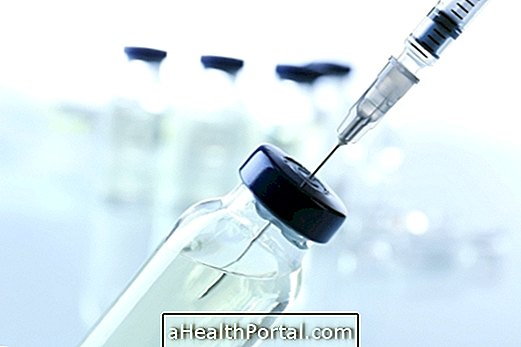

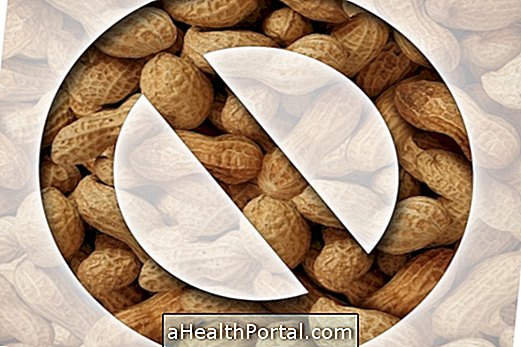
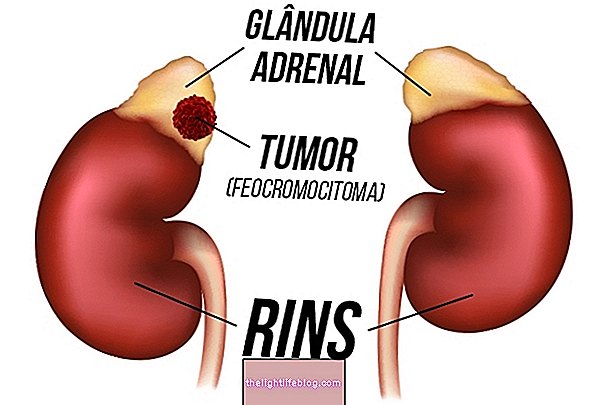
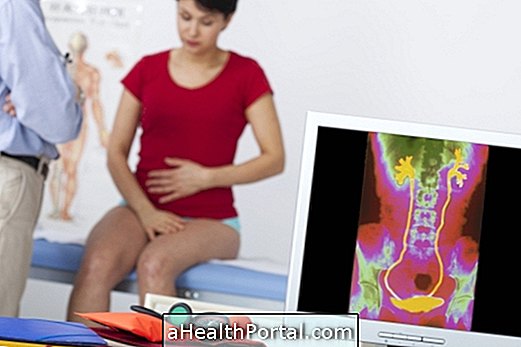
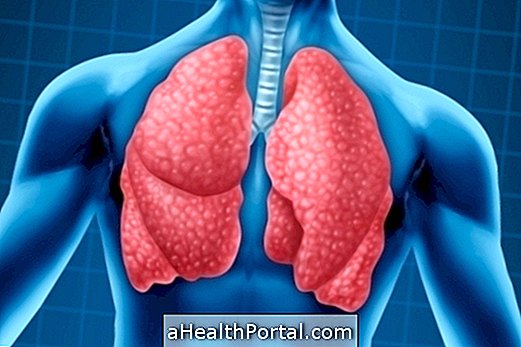
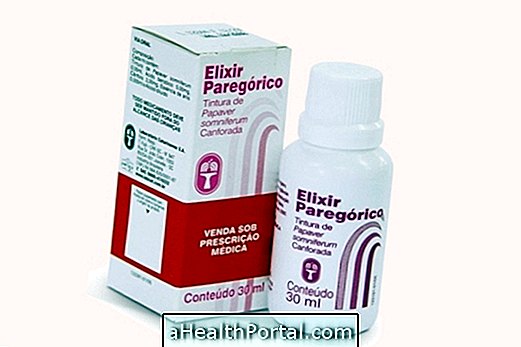
.jpg)
